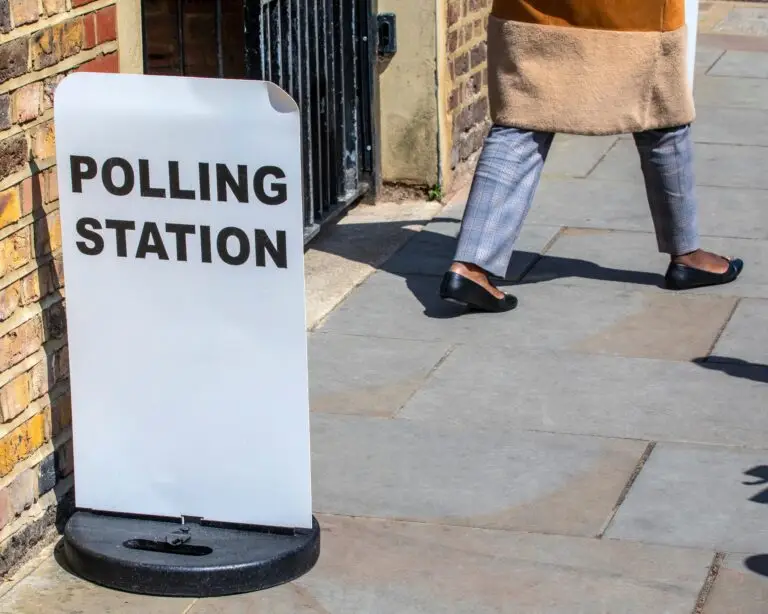It’s often said that the more things change, the more they remain the same. Thanks to the latest ministerial reshuffle in Sanctuary Buildings, the Department for Education (DfE) is providing a case in point.
Even though the sector is now contending with its fifth Education Secretary in the last year (the fourth since July), Prime Minister Rishi Sunak has restored several familiar faces to the Department. With the return of long-time Schools Minister Nick Gibb, now former Education Select Committee Chair Robert Halfon, and former Skills Minister Gillian Keegan as the new Secretary of State, the new senior leadership at the DfE undeniably has long-standing experience.
Given the challenges facing every element of the sector, the new ministerial team are saddled with a tricky inheritance. Chief amongst these challenges is arguably the financial position educational institutions across the country find themselves in.
With cost-of-living pressures impacting on already tight budgets as well as on students, staff and families, skyrocketing energy prices, unfunded staff pay awards and significant teacher recruitment and retention challenges, balance sheets are under enormous pressure. While the schools budget is increasing from £49.8 billion to £53.8 billion between 2021/22 and 2022/23, per pupil school funding will still be three per cent lower in real terms than it was in 2009/2010.
Unsurprisingly, this is translating into profound unrest. The NEU teaching union has said all teachers should have an inflation-plus pay rise, while the NASUWT teaching union is calling for a 12 per cent increase. As things stand, the NEU is considering industrial action as early as January, with the NAHT and NASUWT also due to introduce a formal industrial action ballot over potential strike action among members. Clearly, the number one priority for Keegan et al will be steadying the financial ship.
Yet beyond this, there is a need to solidify the sector’s policy future. The Schools Bill, once the spearhead of the government’s approach, risks being scrapped, or at the very least overhauled. More so, the previous cadre of politicians at the DfE signalled a possible revival of grammar schools – a factor which may now fade away. With the return of Nick Gibb, the government’s commitment to the academies system will likely be underlined, while the former minister’s focus on rigorous academic qualifications, school standards and phonics will again be to the fore. Whilst the Schools Bill’s future remains uncertain, other major education legislation may still go through – the Higher Education (HE) Freedom of Speech Bill is still in progress and has had support from key politicians such as both Rishi Sunak and new minster Robert Halfon in the past, though the ministerial brief for HE has not yet been confirmed.
It is likely that skills and further education will be clear priorities. Gillian Keegan herself was formerly an apprentice, while Robert Halfon is both a former skills minister and a vocal advocate for technical and vocational education. Clearly, they will bring a knowledge of the sector, but Halfon’s strong views may ruffle feathers.
The new Prime Minister has spoken of his wish to introduce a British Baccalaureate, a flexible and wide-reaching qualification for students at age 16. However, there has, as yet, been no indication of the full list of subjects which would be included, nor where additional subject specialist teachers, such as for maths and English (and potentially modern foreign languages, among others) would come from, all of which are already in particularly short supply on top of the wider recruitment and retention challenges.
A further complication comes from the extent of funding challenges in post-16 institutions, with the Institute for Fiscal Studies currently projecting that spending per student in colleges in 2024–25 will remain about 11 per cent lower in real terms than it was in 2010–11, and about 27 per cent lower in school sixth forms. This suggestion also arguably runs counter to the government’s previously stated aim of streamlining the qualifications market and could undermine efforts to fully embed T Levels. However, at the very least, the FE sector now has two knowledgeable and passionate advocates in Sanctuary Buildings – a factor which should prove hugely beneficial.
Time will tell whether these ministerial changes are regressive or purely practical. Yet the reinstatement of tried-and-tested ministers has surely been implemented with one eye on a looming General Election. At most, the new Prime Minister has until January 2025 before Brits go to the polls, and so, the clock is ticking.
The reinstatement of seasoned ministers, from Michael Gove at the Department for Levelling Up through to Jeremy Hunt’s continuation as Chancellor and the returns of Gibb and Halfon, underlines Rishi Sunak’s desire to both provide stability and ensure departments can progress with policymaking and implementation in the coming months.
As such, and after the chaotic past few months, Sunak is gambling on his new team’s ability to deliver sensible and practicable change, as opposed to a radical new agenda.




